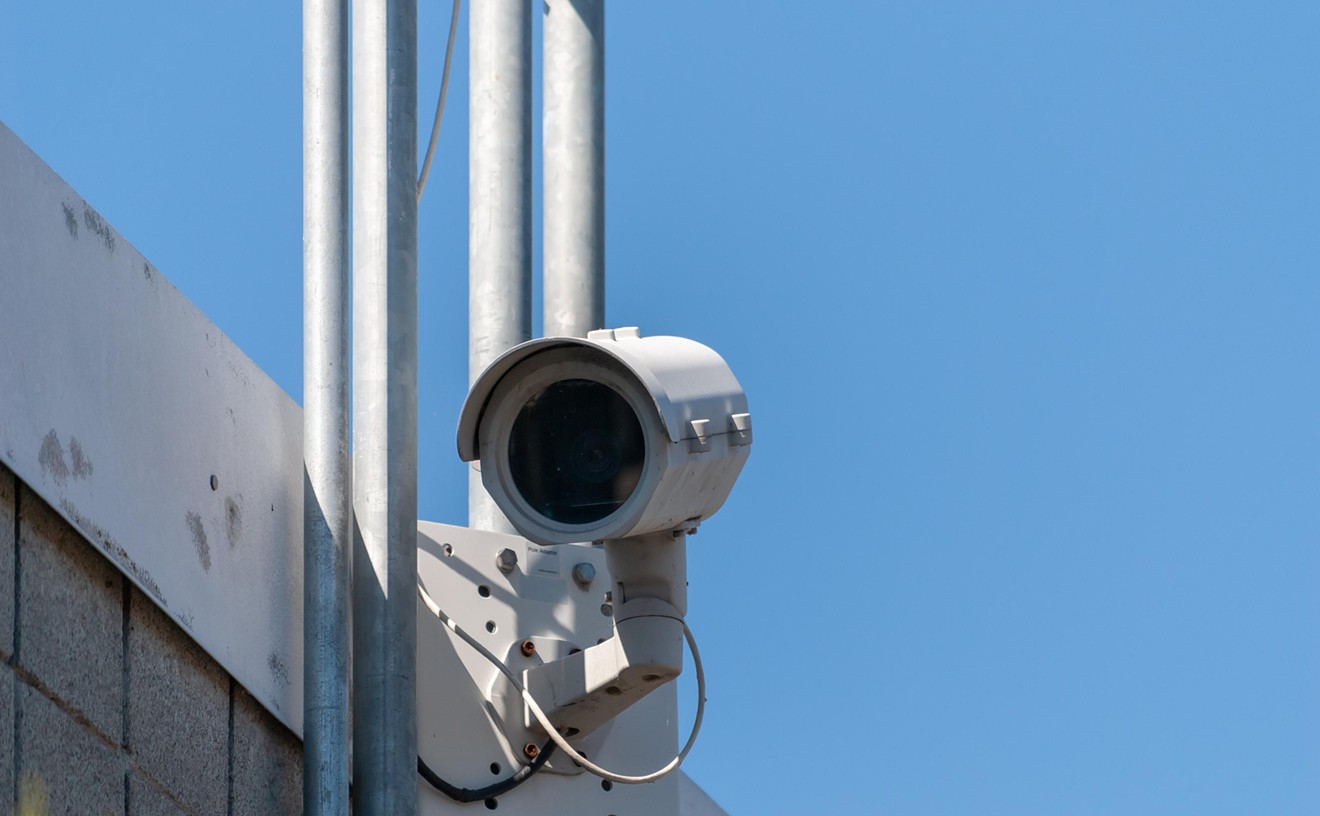"When you analyze and evaluate something, by definition you are also looking at any strengths and any weaknesses."
The recent debate about how evolution should be taught in public schools revealed two things about the Texas State Board of Education. First, it showed that the board will listen to its loudest constituents (in this case, the evolutionists). Second, the 15-member board is not, after all, necessarily dominated by right-wing religious fundamentalists.
Every 10 years the board rewrites the science standards for the state's public schools. For the last two decades, the standards have required science teachers to instruct students about the "strengths and weaknesses" of scientific theories. Although the rule did not explicitly mention evolution, critics argued that in practice it targeted Darwin's theory.
Many members of the board are religious fundamentalists and believe that the theory of evolution has significant weaknesses. Although nobody on the board ever suggested that intelligent design—the notion that events in the world are planned and full of purpose, rather than random as evolution suggests—should be taught in schools, the implication was there. The board's chairman, Don McLeroy, has publicly supported teaching students the weaknesses of the theory of evolution, and the state board invited at least one witness to weigh in on the new curriculum standards from the Discovery Institute in Seattle, Washington. According to its Web site, the institute supports "the scientific theory known as intelligent design."
To an anxious public, the board appeared to be growing more conservative in recent years, especially with Governor Rick Perry's 2007 appointment of McLeroy as chairman. In an interview last year with the Dallas Observer, McLeroy said: "Evolution should be taught...but I want to teach more of it. Hey, they've been teaching it for 50 to 60 years and still most of the people don't accept it, because it's so far-fetched. It's far-fetched!" Similarly, the Discovery Institute "encourages schools to improve science education by teaching students more fully about the theory of evolution, including the theory's scientific weaknesses as well as its strengths," according to the Web site.
Fearing a conservative majority, scientists and concerned parents "bombarded" the board before last week's initial vote on science standards, says board member Rick Agosto, a San Antonio Democrat. "[The criticisms] went from [accusing the board of] watering down science, to the extreme that I am trying to personally introduce religion into high schools," Agosto says. "I had parents calling me... 'how dare you'...'separation of church and state.'"
Agosto says the fear was manufactured. "The problem that I had was that there was this big fear created. The boogeyman was created. This fear that if we change one thing...that it's a backdoor entrance to intelligent design, and that's not true."
Dr. Ronald Wetherington of Southern Methodist University is one of the six science experts the board invited to give testimony regarding the proposed curriculum standards. He could find no other point in including "strengths and weaknesses" than as a political wedge. In terms of scientific language, the phrase was redundant. "When you analyze and evaluate something, by definition you are also looking at any strengths and any weaknesses," he says. The phrase, he feared, "allows the school board majority, and at that time it was a majority, to insist that textbook publishers include both weaknesses as well as strengths when they're talking about evolution." And since publishers don't enjoy publishing multiple versions of textbooks, what passes in Texas will be passed to the rest of the nation.
And that was "the fear" that Agosto was describing. Agosto, who usually votes with the conservative faction, didn't do so this time. On Thursday, he—along with the more moderate board members, including the three Dallas-area representatives, Pat Hardy of Fort Worth and Geraldine Miller and Mavis Knight, both from Dallas—voted to strike the word "weaknesses" from the rule. For the first time in a long while, the board had a new majority.
The word strike-out was hailed as a victory for the scientists, but it wasn't the end of the story. The board passed two smaller-scale amendments that ran against the scientists' thinking.
McLeroy introduced an amendment that directs science teachers and students to "describe the sufficiency or insufficiency of common ancestry to explain the sudden appearance, stasis and sequential nature of groups in the fossil record," which passed. And board member Barbara Cargill, from The Woodlands, introduced a series of amendments that added dispute to fossil records. "There are many, many gaps that don't link species changing and evolving into another species, so we want our students to get all of the science, and we want them to have great, open discussions and learning to respect each other's opinions," she told the Houston Chronicle on Friday.
The final vote on the new science standards will be in March. Board members expect to continue hearing passionately from constituents, including parents and business leaders, as well as scientists.
"What I'm going to do for the ones that passed, that will be introduced for a second and final reading, I'm going to take a look at what the community thinks, at the scientists, and I'm going to go through and justify if I feel they should be included," Agosto says. "What I'm not going to do is take into account which member introduced it, whether they are of the religious right."
Although, if recent history is any indication, the public certainly will.










